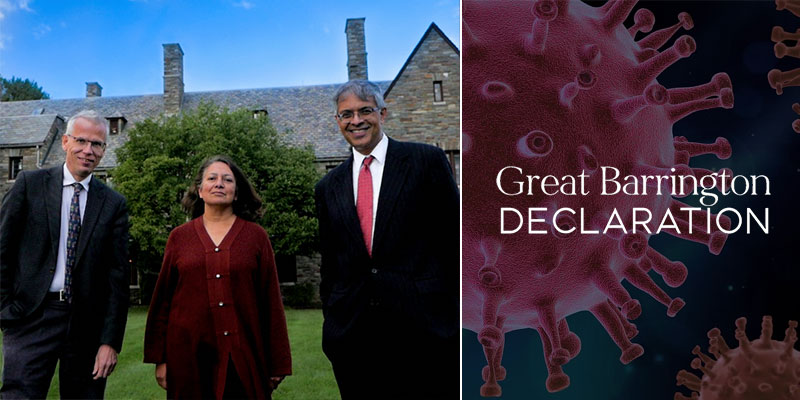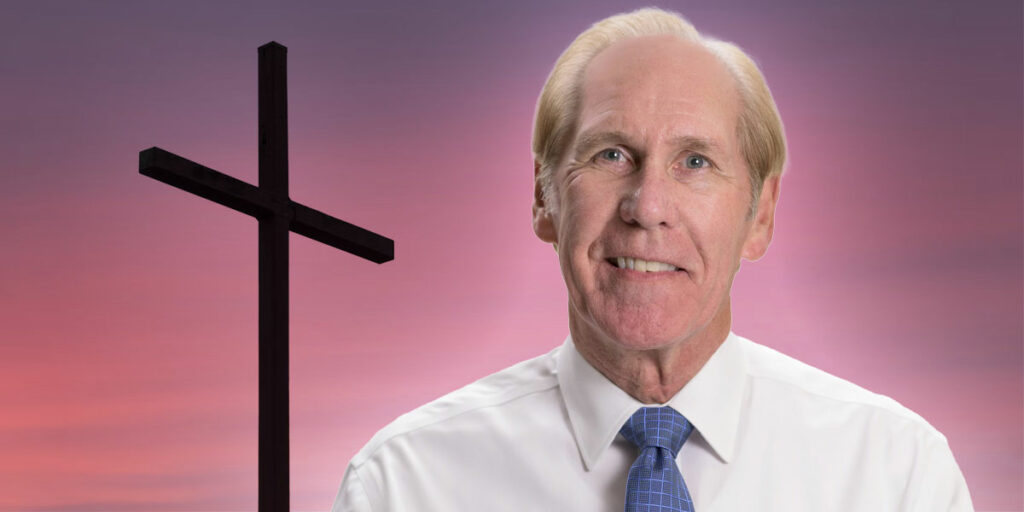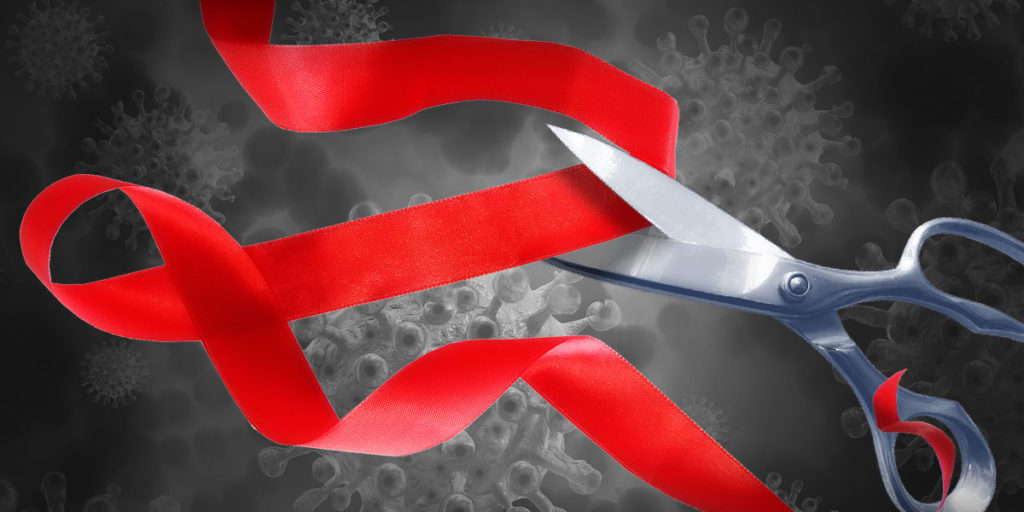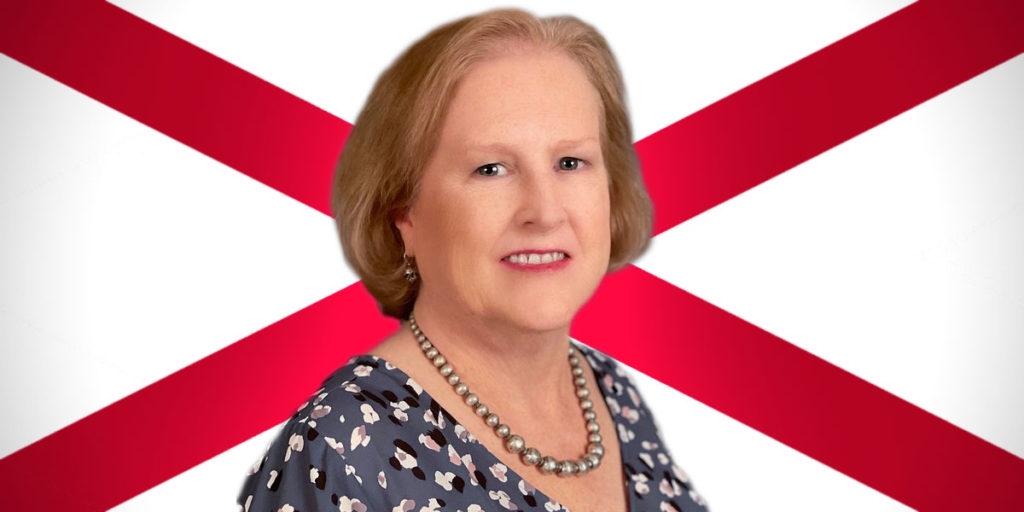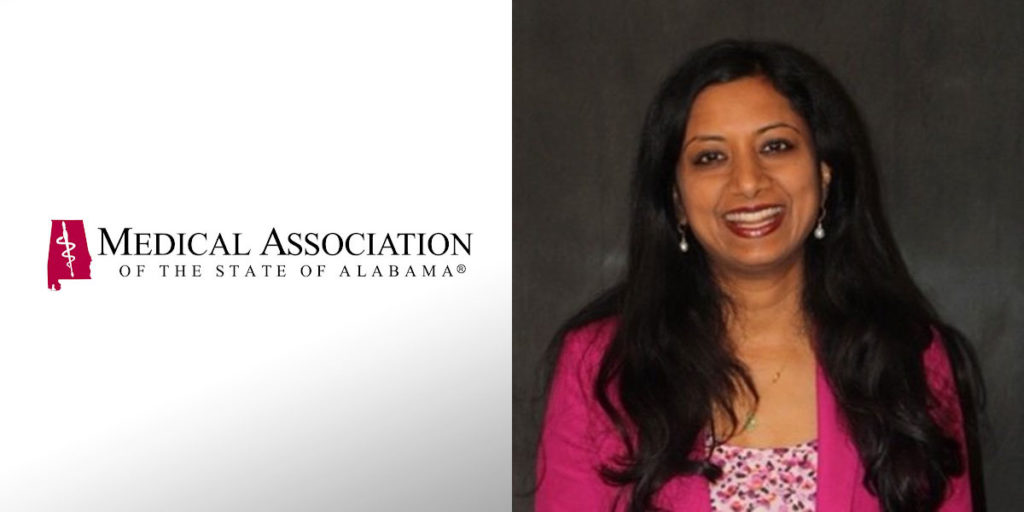Governments have used nonpharmaceutical interventions (NPI), or lockdowns, to contain COVID-19. But do NPI protect public health overall? A group of medical experts recently put forth “The Great Barrington Declaration” (named for the town where they met) advocating an end to society-wide lockdowns. Over 40,000 public health and medical professionals have signed onto the Declaration.
Lockdowns have enormous economic costs. The Declaration contends further that the net effect of lockdowns on public health is negative, as harms exceed COVID-19 illnesses avoided. The adverse health effects include “lower childhood vaccination rates, worsening cardiovascular disease outcomes, fewer cancer screenings and deteriorating mental health – leading to greater excess mortality in years to come.” Extending or reimposing lockdowns until a vaccine or cure is available “will cause irreparable damage, with the underprivileged disproportionately harmed.”
The Declaration instead calls for “focused protection” for persons most vulnerable to COVID-19: “We know that vulnerability to death from COVID-19 is more than a thousand-fold higher in the old and infirm than the young.” Focused protection could limit COVID deaths while avoiding the lockdowns’ harms: “Those who are not vulnerable should immediately be allowed to resume life as normal.”
The effectiveness of NPI for COVID-19 is a question for medical doctors and epidemiologists. How can we make sense of experts’ disagreements?
We should first check the dissidents’ expertise. The economic and personal freedom costs of lockdowns make me predisposed to agree with anyone saying we can avoid a second lockdown, even a quack. The Great Barrington Declaration’s three authors credentials are as follows. Jay Bhattacharya is a professor at Stanford Medical School with an M.D. and a Ph.D. in economics from Stanford and research expertise on aging and vulnerable populations. Sunetra Gupta is a professor of theoretical epidemiology at Oxford with a Ph.D. from Imperial College whose research examines transmission of infectious diseases. Martin Kulldorff is a Harvard Medical School professor with a Ph.D. in operations research who works on monitoring disease outbreaks and the effectiveness of drugs and vaccines.
Citations also measure the quality of a scientist’s research. Important papers will influence subsequent research and be frequently cited. The Declaration’s authors’ Google Scholar citation counts are 9,600, 19,200 and 24,400 respectively. How do these totals stack up? They all outpace my 2,700 citations, a minimum qualification I would apply for expertise. Neil Ferguson, the lead author of numerous influential studies on COVID-19, has 33,600.
Credentials and citations are never a substitute for arguments, data, and analysis. But opponents of lockdowns have been dismissed as anti-science. The Great Barrington authors are very good scientists with relevant expertise.
Other health professionals have expressed skepticism about lockdowns. Sweden’s top public health officials doubted the value of NPI and never ordered a lockdown. Dr. Michael Ryan, director of the World Health Organization’s (WHO) Health Emergencies Programme, has praised Sweden’s handing of COVID. WHO COVID-19 special envoy Andrew Nabarro stated that lockdowns should not be the “primary means of control of this virus,” and were only justified as a temporary measure. A 2019 review of the effectiveness of NPI for the WHO concluded that “the overall quality of evidence was very low for most interventions.”
Expert disagreement is not a counsel for inaction. We often must act in the face of conflicting recommendations. Regardless of the policies ultimately decided on, we should respect disagreements over the desirability of using NPI for COVID-19.
We should be suspicious of anyone arguing that “science” tells us what we must do. As physicist Richard Feynman once said, “When someone says, ‘Science teaches such and such,’ he is using the word incorrectly.” Good scientists never seek to muzzle debate. As Professor Feynman said, “Science is the belief in the ignorance of experts.”
Economics counsels consider all the dimensions of life’s tradeoffs. Medical science should inform but not dictate our choices. We should vigorously debate whether lockdowns represent our most preferred course for dealing with COVID-19.
Daniel Sutter is the Charles G. Koch Professor of Economics with the Manuel H. Johnson Center for Political Economy at Troy University and host of Econversations on TrojanVision. The opinions expressed in this column are the author’s and do not necessarily reflect the views of Troy University.




